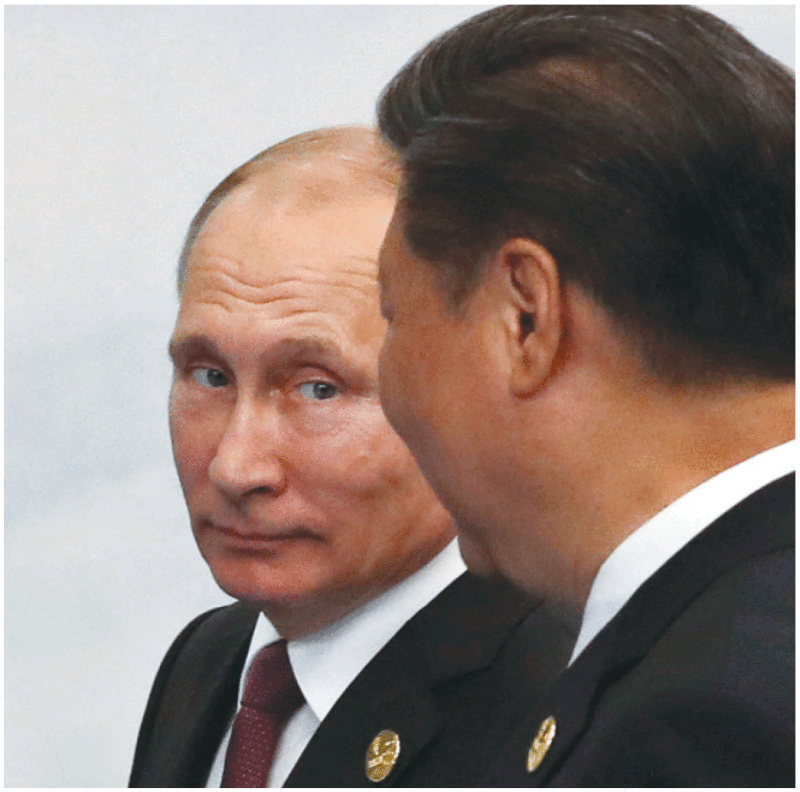“All the foreign direct investment and trade data show China either rivalling Russia or beating it” in Central Asia, said Charles Robertson, chief economist at Moscow-based investment bank Renaissance Capital. “It is really only in Kazakhstan where the strength of the Russian relationship is still strong and relevant.”
Until 2016, Russia was the leading trading partner of all five Central Asian states: Kazakhstan, Turkmenistan, Kyrgyzstan, Uzbekistan and Tajikistan. That has all changed, thanks to the connection of new highways and energy pipelines linking the region with western China.
According to RenCap data, in 2017 82% of Turkmenistan exports — mostly gas and crude oil, flowed to China. The same year, the People’s Republic became Uzbekistan’s single largest trading partner, also overtaking Russia. Even in Kazakhstan, the region’s largest, richest and most open economy, the share of exports has slipped steadily since 2008, with Russia’s loss coming at China’s expense.

Before the start of the decade, Chinese investment into Kyrgyzstan, the region’s smallest and poorest economy, rarely accounted for more than 10% of the total. In 2017, it made up half of all inward FDI, with Russia comprising barely 15% of inward corporate and financial investment. “Chinese investment is roaring to get into the Central Asian region,” said Artem Shevalev, an EBRD alternate board director for seven markets including Uzbekistan and Turkmenistan.
Slow to react
Russia maintains military bases across the region and continues to invest heavily in member states. But Richard Grieveson, a deputy director at the Vienna Institute for International Economic Studies, said Russia had been “very slow” to react to the threat posed to its once unassailable dominance in Central Asia. “Russia’s has long felt under attack by Europe and by the expansion of Nato. But long-term, the real threat to Russia comes not from Europe but from China.
“China is game-changer in the region,” he said. “It is a $13tr economy; Russia’s economy is worth $1.6tr. Beijing has more money than Moscow has ever had and is willing to put it to work across Central Asia. “You are going to see Russian tensions with China rise in the region but also in the Western Balkans, where Beijing is funding projects and gaining influence in Serbia, Montenegro and Republika Srpska” — one of three political entities that make up Bosnia and Herzegovina.
“In Central Asia, Russia’s power cannot just disappear, but it is tilting strongly in China’s direction. Perhaps the only country that still tilts toward Russia is Kazakhstan, but even they are in play.”